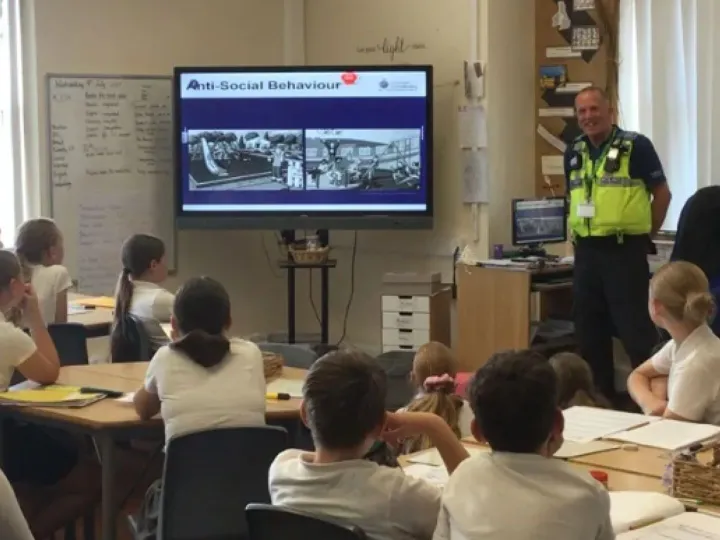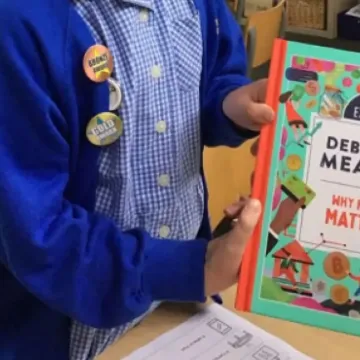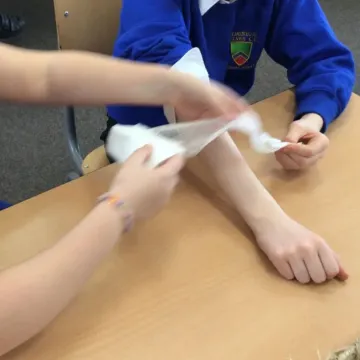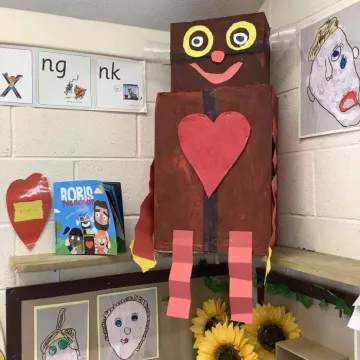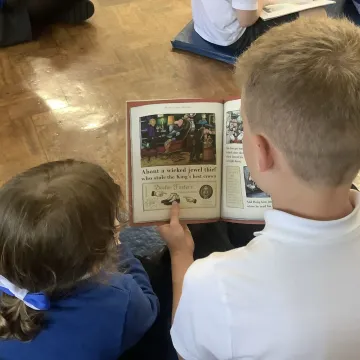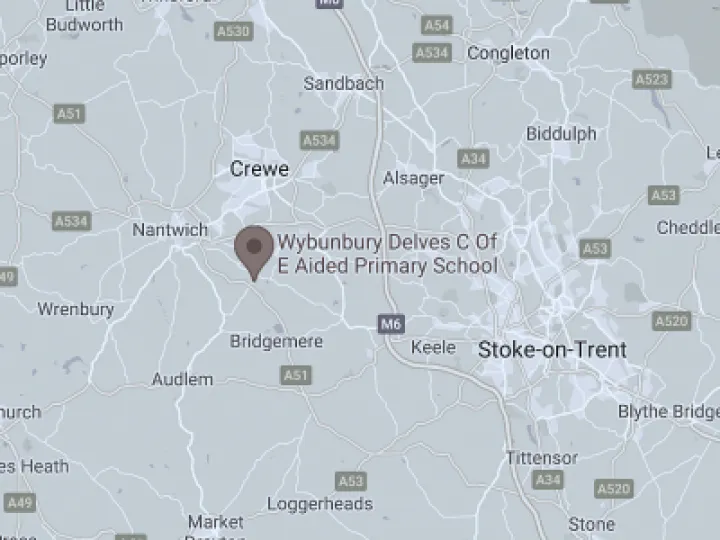PSHE
At Wybunbury Delves, we aim to nurture a school community where everyone experiences a love of learning and of life; everyone is able to 'shine' and grow in God's Love. Personal Social Health and Economic Education is a subject which offers the very best opportunities to achieve this.
Personal, Social, Health and Economic Education (PSHE) is part of our broad and balanced curriculum. PSHE helps our pupils to gain the knowledge, skills and attributes they need to lead confident, healthy, independent lives and to become active and responsible members of the community. PSHE focuses on giving our pupils the knowledge they need to make informed decisions about their wellbeing, health, relationships, and the skills to recognise and build their own self-confidence and identity. Relationships and Health Education (RHE) forms part of our PSHE curriculum.
Our tailored PSHE curriculum equips children with the understanding of risk, and the knowledge and skills necessary to make safe and informed decisions. Clear strategic planning allows the curriculum to be dynamic and adapt to the context of our school and our children's needs at Wybunbury Delves. As a school, we prioritise our PSHE learning within three focussed weeks; Health and Wellbeing, Health and Safety – First Aid, and Health and Relationships. Throughout the year, each class will also experience dedicated sessions with our PCSO
Our long term plan documents how we use Heartsmart and Christopher Winter planning materials within each year group.
Follow the links to view the Christopher Winters overviews for our Health and Wellbeing and our Health and Relationships lessons .
Information about how we teach Online Safety can be found here
To read more our PSHE learning, follow this link to our weekly newsfeed.
Quick Links
Contact Us
office@wybunburydelves.co.uk
01270 841302
Wybunbury Delves
Bridge Street
Wybunbury
Nantwich
CW5 7NE

